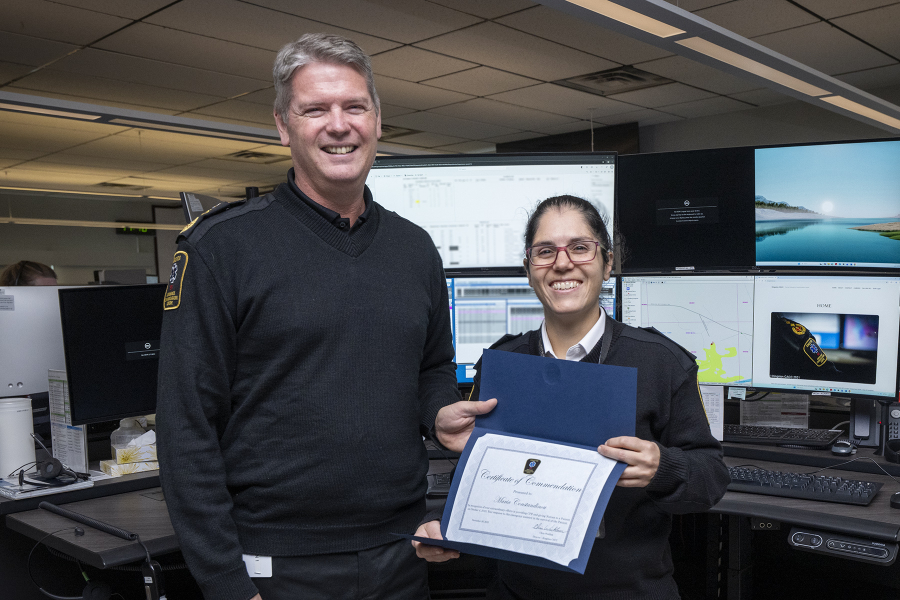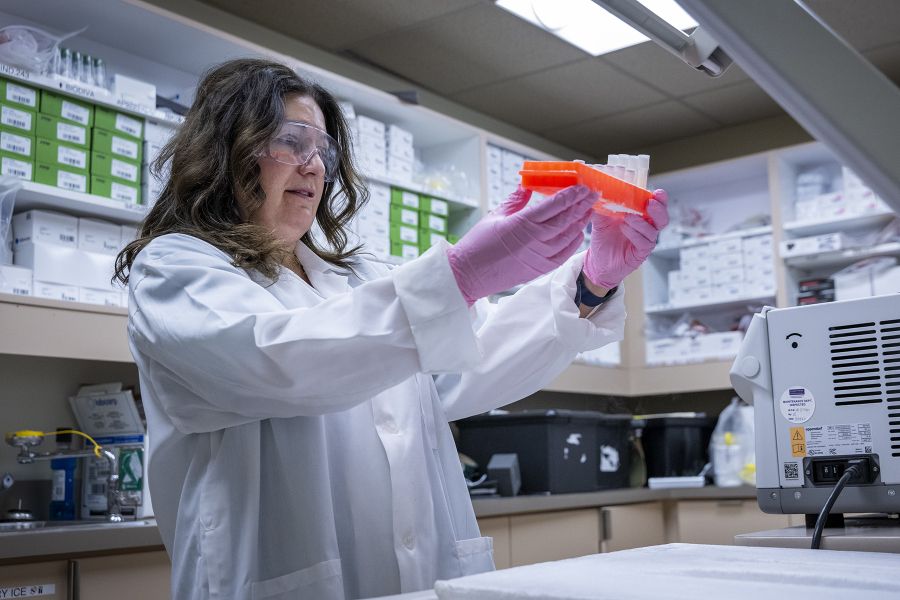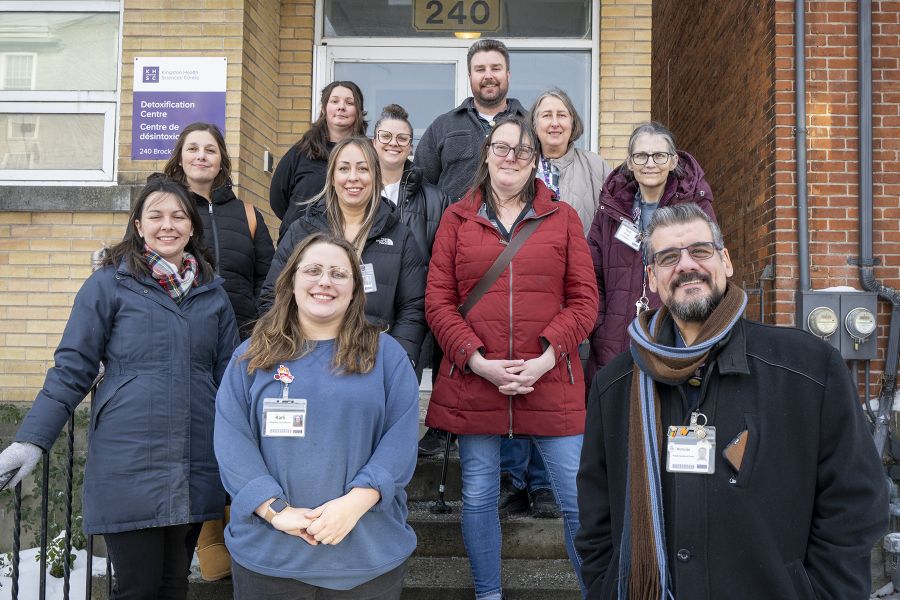Effective immediately masking is required for everyone when present on all inpatient units, in the Emergency Department (ED), the Urgent Care Centre (UCC), and the Children’s Outpatient Centre (COPC).

You’ve likely heard about the Syrian refugee crisis in the news and soon many of these new Canadians will be spending some time in our city. To help prepare, KGH is putting plans into place to support them if they need medical care.
In Kingston, we are expecting to see up to 600 government sponsored refugees at CFB Kingston likely sometime in January. The military base will be used as one of five interim lodging sites. Most will stay on the base for two-to-three weeks before moving to their permanent residence of choice. As they move on to their new homes across the country, new groups will arrive at CFB Kingston.
Special Emergency Medical Assistance Teams on the military base will provide primary and basic health care for eight hours a day. KGH and Hotel Dieu Hospital are planning to provide after-hours emergency care and specialized acute care to the refugees if it’s required.
“We are working closely with our health-care partners, as well as our partners in the military to plan for any increased health-care needs,” says Silvie Crawford, Executive VP and Chief Nursing Executive. “We want to ensure that our partners have the correct information in hand, so that when a person needs more care than can be provided on-base, they and their family are supported and directed to the right health-care provider in Kingston.”
According to the Ontario Ministry of Health and Long-Term Care, most of these new Canadians will be in standard health and their main needs will be for basic primary care. A minority may have an existing injury or ongoing health concerns.
If someone does arrive at KGH in need of emergency or acute care, the hospital will be provided with a medical record of sorts, which was developed before they left for Canada and includes screening for communicable diseases.
KGH is also busy preparing some extra supports for our staff.
“We currently have a telephone translation service in place, but will also be looking at making translators available in-person if possible,” says Kellie Kitchen, Program Operational Director.
The most important thing to keep in mind however, is our hospital's commitment to Patient- and Family-Centred Care.
“Regardless of where someone was born, what language they speak, or what religion they observe, we can always find effective ways to partner with them in their care,” says Daryl Bell, lead for Patient- Family-Centred Care. “We can’t assume what someone wants or needs, we need to work with them to understand their expectations and provide them with the best care we can.”
Gallery


Telephone translation services are available for our staff to support any patient that speaks another language



